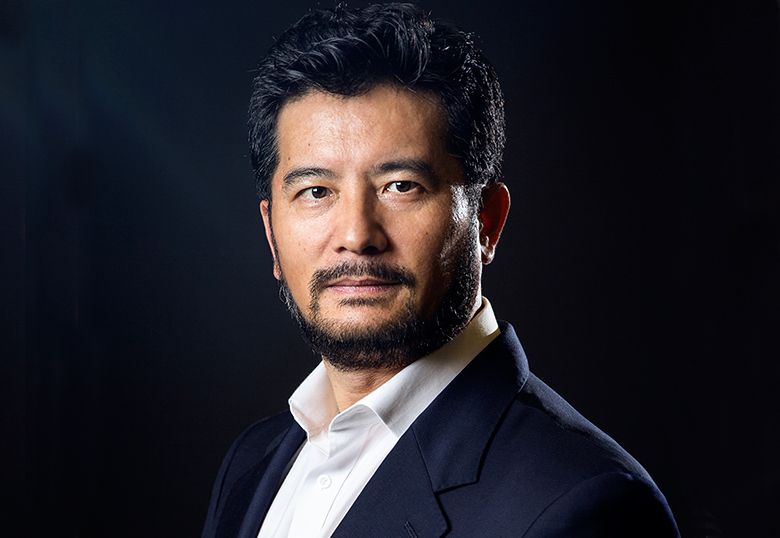How well do you perform in a crisis? Everyone’s response to stress is different, and therefore, outcomes in crisis situations are often different too, depending on who’s making the decisions and what their temperaments might be.
Imagine for a moment that the crisis you’re facing is corporate – that you’re a top executive in a large foreign company, and business has taken an unexpected turn. How will you handle it? How will your team handle it? There are many people involved, many factors at play, and the choices that get made will have lingering effects on the bottom line. How well, in fact, do companies navigate uncharted territory? And if mistakes are made, how well do they learn from them?

These are questions that Dr. YJ Bao has been asking for the last 16 years. Bao is an associate professor in the University of Lethbridge Faculty of Management. He earned his PhD in public policy and MPA from the University of Southern California in Los Angeles, and bachelor degree of law from Fudan University in Shanghai.
Bao’s interest in the cognitive side of management – how managers think, react, and make decisions, lead him to conduct research in the areas of TMT decision making, corporate entrepreneurship, rare event learning, tacit knowledge transfer, and trust and justice factors in team performance. Most recently, Bao and his colleagues have turned their research toward the area of crisis management – decision making under extreme conditions – with a specialization in Chinese corporations.
“We chose to study Chinese businesses mostly to differentiate our work,” says Bao. “I was born in China and studied there, and still have good access to companies across the country. The samples we gather are unique and the findings are unique also, so our research offers something of value in a comparative sense.”
Bao began to get interested in extreme cases after observing many companies in the midst of crisis. In fact, based on what he’s seen, Bao says that operating under crisis conditions is actually the norm for companies of all sizes – far more so than the picture perfect scenario of smooth day-to-day business.
“That’s the romantic, fairytale notion of how business works,” says Bao of the phenomenon. “The truth is all business interactions have some element of surprise that need to be handled. Companies have to improvise. They have to make decisions on the spot. It happens every day – that’s the reality of crisis. The problem with most businesses is that they treat crisis as an abnormal state, when it’s actually the opposite. When business people adjust their emotional response to crisis you start to see interesting and creative solutions happening.”
Bao’s findings in the field of crisis management have been published in a variety of academic journals, including the Journal of Management, World Business and International Business Review. He’s published six books on the subject, and also writes weekly columns for four Chinese newspapers and Chinese on-line media. Dr. Bao's new book, Strategy in Peripheral Visioning, will be published by December 2016.
“Every company wants to perform,” says Bao. “But successful business performance is based on a pattern of relating – how people interact in any given situation. In crisis, the variables for relating are heightened, so it’s a very intense example of learning and the outcomes based on the variables highlight were improvements can be made.”
